Search
Summary 
Loading AI-generated summary based on World History Encyclopedia articles ...
Search Results
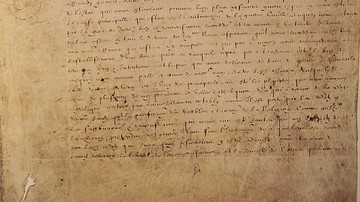
Image
Edict of Nantes
The Edict of Nantes, guaranteeing religious freedom in France, issued by Henry IV of France in 1598.
National Archives of France.
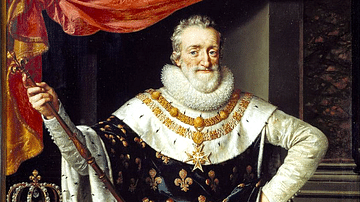
Article
Henry IV of France & the Edict of Nantes
Henry of Navarre became the nominal ruler of France after the assassination of Henry III of France (r. 1574-1589), whose marriage to Louise de Lorraine produced no heir. After years of attempts to deny the throne to Navarre, his enemies realized...
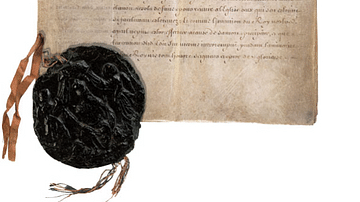
Article
Louis XIV and the Revocation of the Edict of Nantes
Beginning in the 16th century, Protestants in France struggled in their rapport with royal power. Protestants owed the recognition of their rights more to sovereign decrees than to genuine tolerance or religious pluralism. The realization...

Definition
Drownings at Nantes
The Drownings at Nantes were a series of mass killings that took place in Nantes, France from November 1793 to February 1794 during the Reign of Terror. Overseen by Jean-Baptiste Carrier, the representative-on-mission from Paris, thousands...
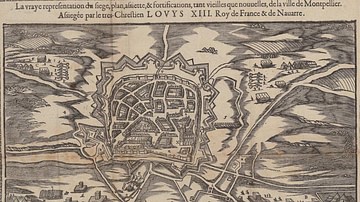
Article
Montpellier during the French Reformation
At the dawn of the French Wars of Religion (1562-1598), Montpellier in southern France had a significant Protestant minority that controlled the city's institutions. The Edict of Nantes in 1598 ended the wars and Protestants retained territorial...
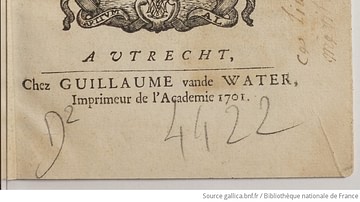
Definition
Claude Brousson
Claude Brousson (l. 1647-1698) was a prolific writer and famous preacher after the revocation of the Edict of Nantes in 1685 when Protestantism was outlawed in France. He self-exiled to Lausanne and Holland and returned to France to preach...
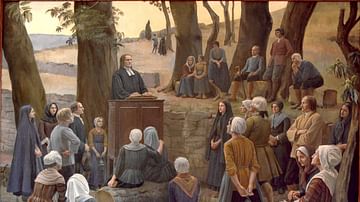
Article
Antoine Court & the Church of the Desert
In March 1715, Louis XIV of France (r. 1643-1715) issued a declaration stating that all subjects of the king were also subjects of the Catholic Church. In defiance of the king's decree, Antoine Court (l. 1696-1760) gathered a small group...
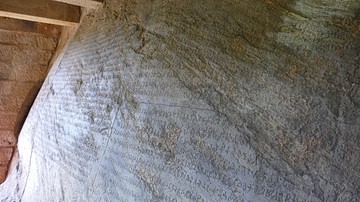
Definition
The Edicts of Ashoka the Great
The Edicts of Ashoka are 33 inscriptions engraved on pillars, large stones, and cave walls by Ashoka the Great (r. 268-232 BCE), the third king of the Mauryan Empire (322-185 BCE) of India. One set, the so-called Major Rock Edicts, are consistent...

Image
The Noyades of Nantes
Painting dramatizing the Drownings at Nantes during the Reign of Terror. By an anonymous author, housed in the Château des ducs de Bretagne.

Image
Edict of Fontainebleau
The 1685 Edict of Fontainebleau, aka Revocation of the Edict of Nantes (1598), a document created during the reign of Louis XIV of France which permitted the persecution of French Protestants. (French National archive, Paris)